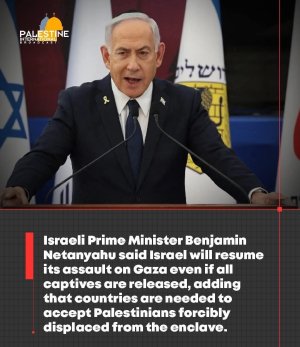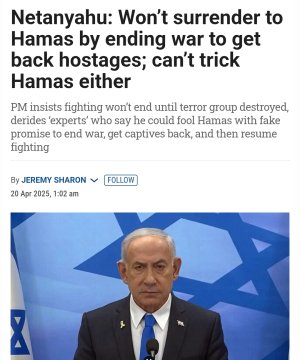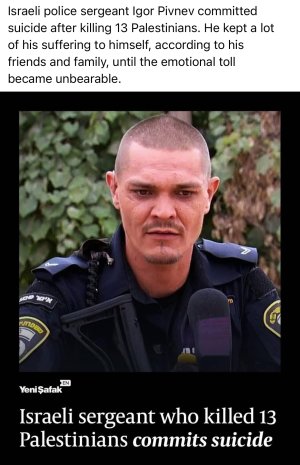Hamas proposes releasing some hostages in fresh talks after new Israel offensive
Hamas has proposed releasing more hostages under a new Gaza ceasefire deal in a fresh round of negotiations with Israel, which comes after Israel's military launched a major new offensive.
Hamas has agreed to release nine hostages in exchange for a 60-day truce and Israel releasing Palestinian prisoners, an official told the BBC.
Israel is yet to respond to the proposal, but said prior to the talks in Qatar on Saturday that it would not withdraw troops from Gaza or commit to an end to the war.
Israel's military announced the launch of a new operation on Saturday amid the deadliest wave of strikes in the territory in months, where hundreds have died.
At least 300 people have been killed in air strikes across Gaza since Thursday, say rescuers, including more than 200 people in Gaza's north in the past 48 hours, said the Hamas-run civil defence force.
Thousands have died since Israel resumed strikes into Gaza on 18 March, following the collapse of a fragile ceasefire which lasted two months. The humanitarian crisis in the territory has also worsened, say aid agencies, as Israel has blocked supplies of food and other aid from entering the territory for 10 weeks.
Strikes this week have hit hospitals and refugee camps in the north and south of the territory. Hamas and Israel began a new round of talks through Qatari and US mediators in Doha on Saturday afternoon local time.
A senior Palestinian official familiar with negotiations said the new proposed deal reinstates the previous humanitarian protocol, including the entry of 400 aid trucks daily and the evacuation of medical patients from Gaza.
Israel, in turn, has demanded proof of life and detailed information about all remaining hostages.
The new deal will also not include an explicit end to the war, nor any commitment by Israel to withdraw from Gaza, the BBC understands.
Israel's Prime Minister Benjamin Netanyahu earlier this month promised a major military escalation in the war to occupy and control swathes of Gaza, force the Palestinian population to the south of the territory and "destroy" Hamas.
Jeremy Bowen: Netanyahu's plan risks dividing Israel, killing Palestinians and horrifying world
'My children go to sleep hungry,' Gazans tell the BBC
On Saturday morning,the Israel Defense Forces (IDF) then declared the start of a new offensive called "Operation Gideon's Chariots".
A journalist in the territory, Ghada Al Qurd, told the BBC Newshour programme there had been lots of "airstrikes, shellings, drones, shooting and even exploding, in the north and east.
"It's terrifying and horrible," she said of Israel's new operation.
She said her family had only been having one meal a day, because it is limited and expensive.
"They are using food as a weapon," she said.
The IDF on Saturday said it wouldn't stop operating "until Hamas is no longer a threat and all our hostages are home" and that it had "struck over 150 terror targets throughout the Gaza Strip" in 24 hours.
Thousands of Israeli troops, including soldiers and reservists, could enter Gaza as the operation ramps up in the coming days. Israeli tanks have also been seen at the border, Reuters news agency reported.
The intensified offensive has been condemned by the UN and some European leaders.
Commissioner-General of the UN's Palestinian refugee agency (Unrwa) Philippe Lazzarini expressed shock at Israel's military operation, saying: "How many more Palestinian lives will be wiped off from their homeland by bombardments, hunger or lack of medical care?"
"Atrocities are becoming a new norm, under our watch, making the unbearable bearable with indifference," he said.
Following the new strikes, the UN Secretary-General António Guterres, Spanish Prime Minister Pedro Sanchez and Italy's Foreign Minister Antonio Tajani all called for a permanent ceasefire, while Germany's Foreign Ministry said the new offensive risked "worsening the catastrophic humanitarian situation for Gaza's population and the remaining hostages".
Israel's ramped-up military offensive has also come as aid agencies have warned about the risk of famine among Gaza's 2.1 million population.
Israel has blocked food and other supplies from being delivered into the Strip following the breakdown of the ceasefire in March.
Source: BBC















